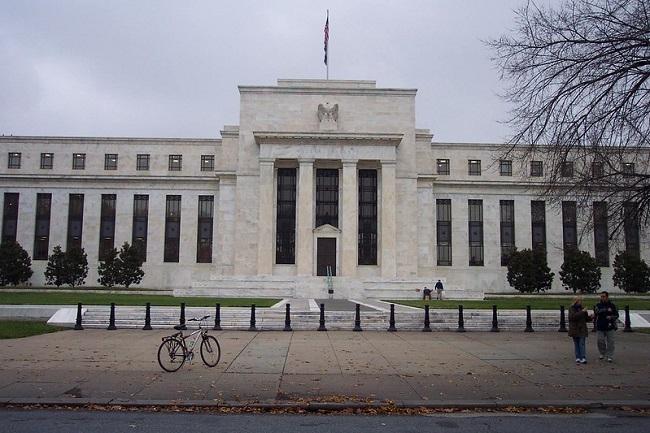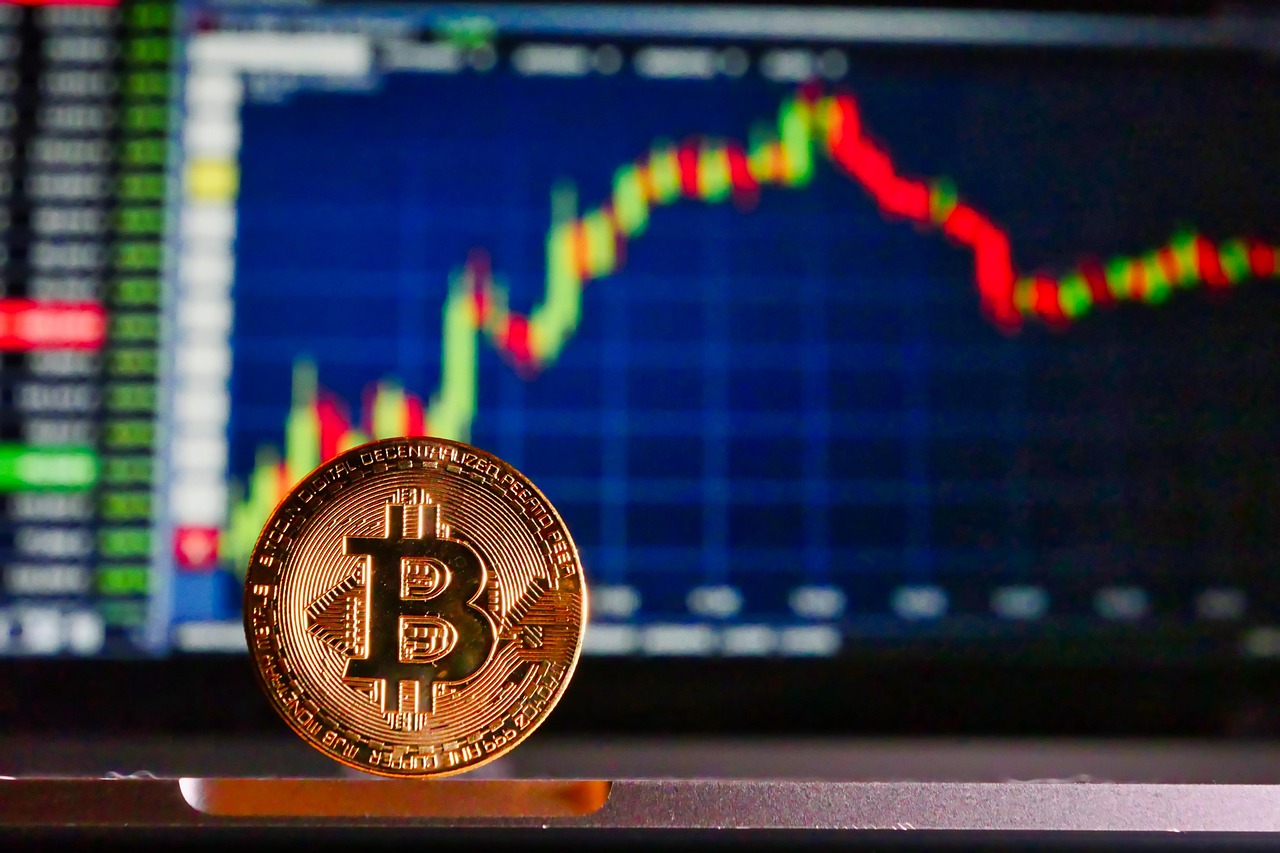A number of central banks around the world, including the People’s Bank of China (PBoC), the Swiss National Bank (SNB), Eastern Caribbean Central Bank (ECCB), and Sweden’s Riksbank, are exploring digitized versions of their national currencies. The Federal Reserve has so far refrained from revealing if it was considering a digital dollar.
However, a Fed official has now said that the central bank was in fact “actively looking at and debating” the possibility of issuing a digital currency, CoinDesk reported.
The big reveal was made by Federal Reserve Bank of Dallas President Robert Kaplan at a local business event in Austin, Texas.
“We have not at the Fed decided to pursue or drive to develop a digital currency, but it’s something we’re actively looking at and debating,” Kaplan said.
The U.S. dollar is the dominant currency in the international markets, representing around 60%-65% of global currency reserves reported by central banks to the International Monetary Fund (IMF). In a recent survey, UBS said that the dollar will continue to enjoy the reserve-currency status over the next 25 years, Reuters reported.
Kaplan, however, said that the U.S. could have to bear higher interest costs if an alternative currency by a foreign government or another entity receives widespread adoption. To put things in perspective, he explained that if a loss of the reserve-currency status led to a jump in the interest rates by even a single percentage point (or 100 basis points), the U.S. government’s interest rates could jump by nearly $200 billion.
“It just reinforces, the dollar may not be the world’s reserve currency forever, and if that changes, and you tack on 100 basis points to $20 trillion, with relatively short average life, that’s a lot of money,” Kaplan told CoinDesk.
“It’s $200 billion a year and all of a sudden we’ve got a tremendous problem here, so it’s something we’re watching very closely.”
Just recently, J. Christopher Giancarlo, former CFTC chair, and Daniel Gorfine, former director of LabCFTC, proposed a blockchain-based digital dollar to avoid the risk of the dollar losing its reserve currency status.
A number of countries have already started exploring cryptocurrencies to bypass international financial sanctions. Venezuela has already launched its national cryptocurrency ‘Petro’, while Cuba and Iran are reportedly considering launching their own cryptocurrency. More recently, North Korea was reported to be in the early stages of developing a bitcoin-like national cryptocurrency.
Moreover, a number of dollar-backed cryptocurrencies, or stablecoins, are now available in the market. Bermuda recently started accepting USD Coin (USDC), a USD-backed stablecoin from Circle and Coinbase, as payment for taxes, fees and other government services.
Social media giant Facebook also unveiled its cryptocurrency plans this year as it unveiled Libra. The project has been facing regulatory pushback ever since Facebook made the official announcement in June. CEO Mark Zuckerberg is expected to appear before the House Financial Services Committee on Oct. 23 to defend the Libra cryptocurrency.
“I noticed Libra seems to be receding at the moment,” Kaplan said. But “somebody’s going to figure out how to do this.”



























Comment 0